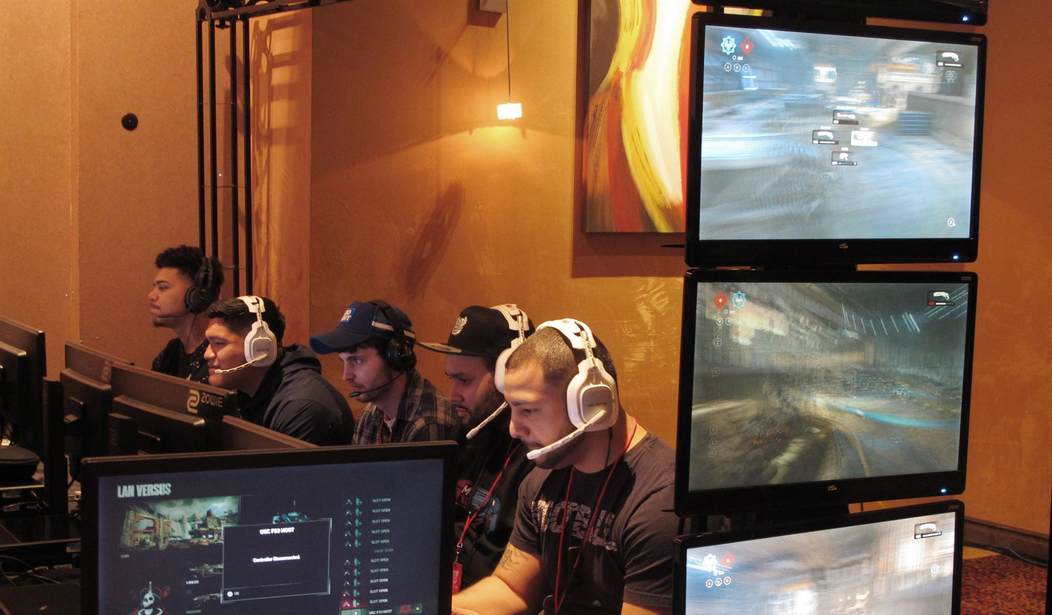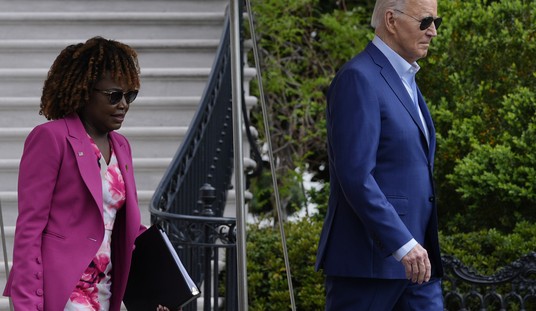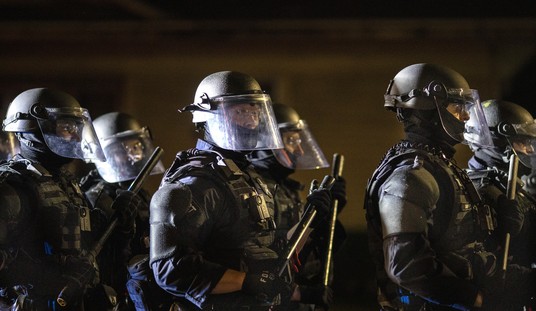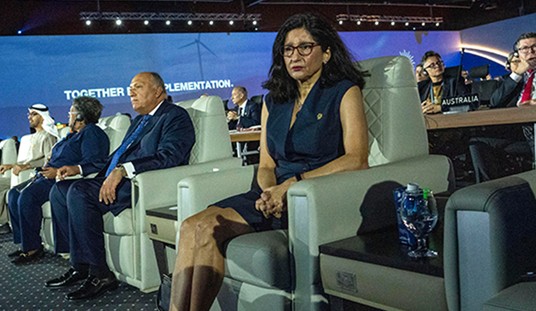Mainstream media journalists are a fascinating group of people. While it’s true that they report “news,” to say that they report the facts is a stretch. Their job title might be “journalist,” but their true occupation is activism. They are effectively paid to push an agenda.
Mainstream game journalists share a lot of similarities but with the added problem of not being willing to do their job in the first place. They hardly focus on the game and if they do, you can tell they did so because they were obligated to. No, their primary concern is to tell you that the game didn’t have enough representation, or its themes were too conservative, or that they didn’t talk enough about things like trans issues.
My readers will know that throughout my time writing on the culture, I’ve reviewed various video games myself but, moreover, looked into the way game journalists reported on them. Cyberpunk 2077 is the latest game that leftist game journalists have targeted and despite their best efforts, the game is a massive success.
What kind of efforts?
GameSpot’s Kallie Plagge hardly played the game but was willing to talk about it as if the entire thing was just a massive let down. She notes that there are missions where you’re asked to help police apprehend a criminal and she just flat out refuses to do that. She says that she hardly delved into the game’s crafting system. She didn’t bother modifying weapons.
This is a game reviewer who previously gave a popular Pokemon game a lower score because there was “too much water” in it.
Polygon’s Stacey Henley wrote an extensive article lamenting Cyberpunk 2077’s success in light of what she calls “edgelord marketing.” Danny Paez of Inverse thinks the game is proof of everything wrong with gaming culture. Kotaku, at least, notes the game is a “good time” but buries that beneath seizure warnings and comments about graphical problems.
Riley MacLeod said the game left him with “mixed feelings” after 30 hours with part of the “mixed feelings” being because of the way the game handles diversity. He spends a very long time talking about that.
To be clear, the entire reason these leftist game journalists hate Cyberpunk 2077 in the first place is because of an ad they released, showing an image of an ad inside the game. It’s been labeled “mix it up” and it features a woman wearing tight form-fitting clothing, only there is clearly the outline of a penis in the crotch area.
To think that the only reason #Cyberpunk2077 is getting all the flak from mainstream game journalists that it is is because of this picture of a transgender person in an ad within the game. They lost it over an ad inside a game about an over the top cybernetic city, people. pic.twitter.com/O11vWfgdSz
— Brandon Morse (@TheBrandonMorse) December 10, 2020
The thing about Cyberpunk 2077 is that it’s a game taking place in a futuristic world where technology has allowed for a sort of cybernetic hedonism. The human body and technology now intermesh pretty seamlessly and modifying the human form is so commonplace that a natural body is rare. With body modifications so easy, it would be pretty common to see genders so easily swapped up.
Judging by the way things are going today, the Cyberpunk future displayed in the game isn’t a stretch.
You would think this kind of thing would please the transgender and social justice community but, true to form, it didn’t. They were outraged by it and tried to have the game canceled. They obviously failed. The game is breaking records.
The game journalists who subscribe to these ridiculous ideological positions are doing everything in their power to make the game seem boring, filled with problems, a waste of time, overly complicated and convoluted, and even a danger to your health. They’re failing at that, too.
If the focus isn’t really the game, but a political agenda, then you’re not a games journalist, you’re a socio-political author. When I write on a game’s political or social commentary, I do so because it’s my job as a socio-political author on a cultural/political site.
Kotaku, Polygon, GameSpot, et al., are gaming sites dedicated to focusing on games. That’s why people used to go there. To get news on games, not hear you give a paragraph rant about how offended you are by a game’s treatment of the LGBT community.
I use the term “used to go there” because, as Kotaku can tell you, the focus on politics and not games has severely hurt gaming sites.
It’s not just the focus on politics either. It’s the antagonism these gaming sites continually resort to when it comes to gamers.
These gaming site authors do not like gaming culture. True to the way of the social justice advocate, they find the group problematic, sexist, racist, transphobic, homophobic, etc., etc., etc., and do not hold back on making sure the gaming community hears them saying that.
All of this begs the question. What are mainstream game journalists for?
I know the bias is there when I read the article and therefore I immediately put doubt on everything being said. The agenda stands out more than the review. The ire toward a world and community that doesn’t think exactly like them overshadows any love of gaming that might be there.
The article is effectively useless. The writer is written off.
What’s the point of being a gaming website if you’re not going to be a gaming website? Yes, they talk about video games, but they talk about them through an untrustworthy lens. It would be like hyenas reviewing the goings-on of lions. Sure, they all live on the same plains and hunt the same food, but there isn’t a lot of love between them.
These mainstream game journalists are criticizing and nagging their way into obscurity and should they be relegated to the fringe parts of our culture, then nothing of value will have been lost. Actual games journalists can take their place, and I can get a decent review of a game without worrying about being preached to.















Join the conversation as a VIP Member